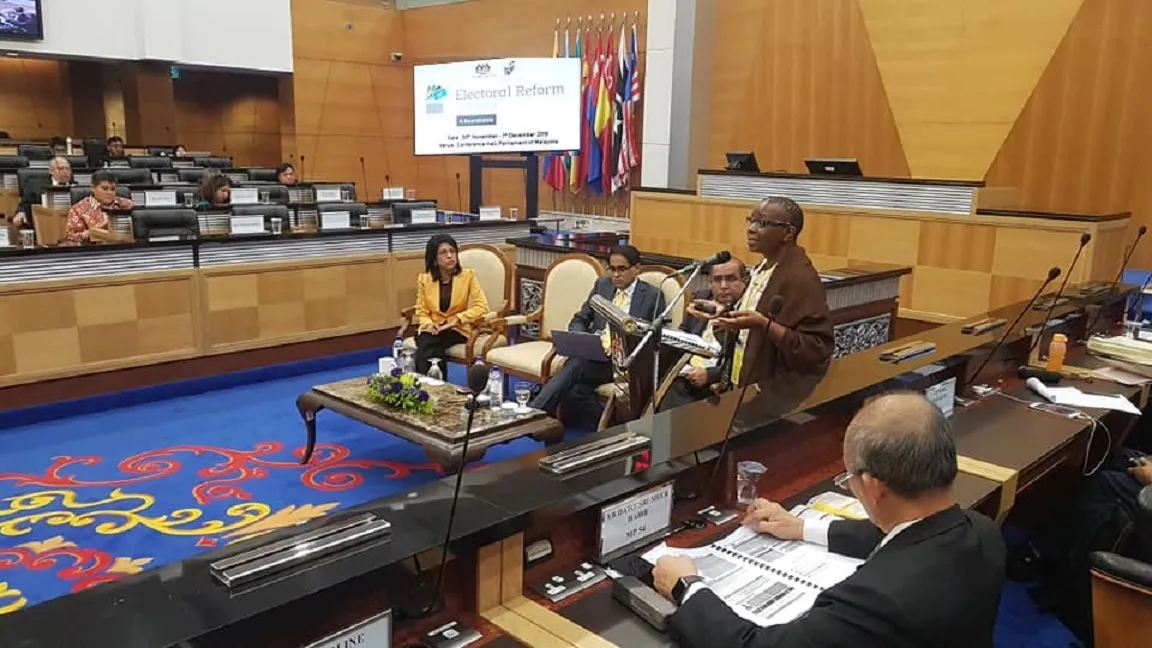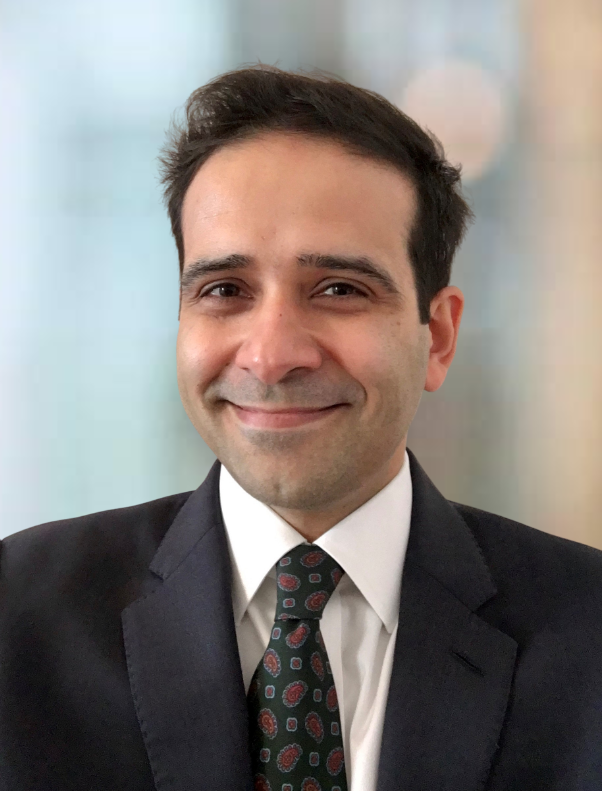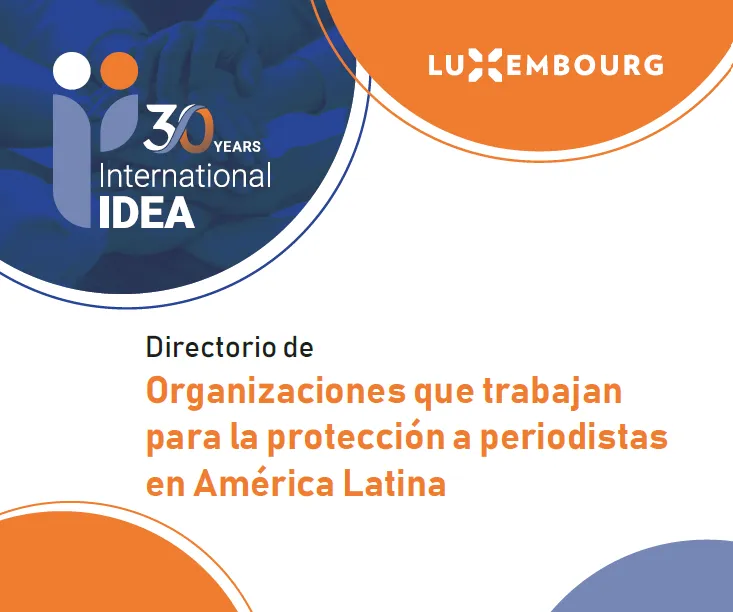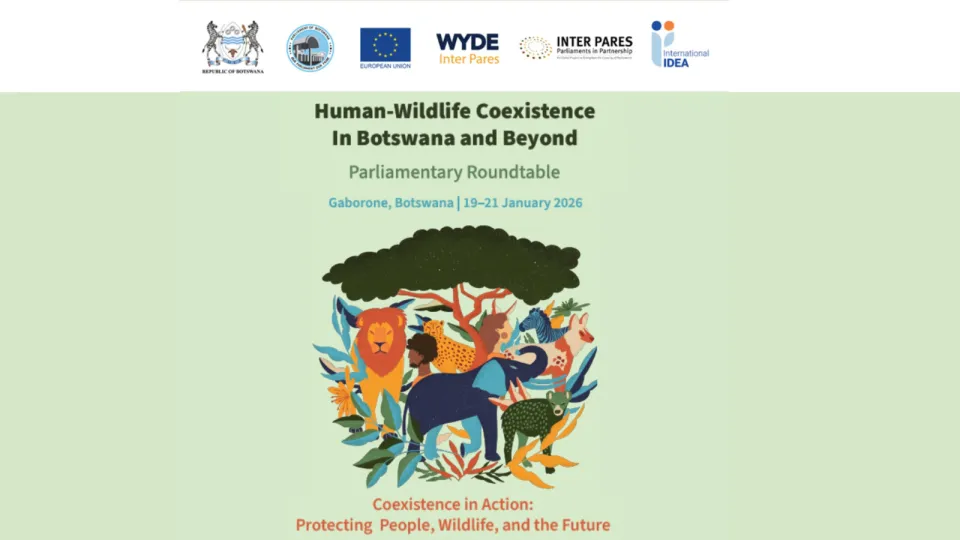Roundtable on Electoral Reform of Malaysia: The Way Forward for Free and Fair Elections.

Malaysian and international election experts convened for a two-day Electoral Reform Roundtable on 30 November and 1 December 2018, in Kuala Lumpur, to discuss wide-ranging reform of the electoral system and options for ensuring fair and transparent electoral processes. Malaysia’s 14th General Election in May 2018 unexpectedly ended 61 years of rule by the Barisan Nasional since independence in 1957. The new governing coalition, Pakatan Harapan took office with a pledge to initiate an array of democratic and economic reforms, including of the electoral system. The Electoral Commission of Malaysia is currently assessing necessary reform measures, based on global best practice and the experiences of other countries that have embarked on an electoral reform process.
The Roundtable was organized by Dewan Rakyat Speaker’s Office, Election Commission, BERSIH 2.0, Kofi Annan Foundation (KAF), Global Bersih, International Foundation for Electoral Systems (IFES) and International Institute for Democracy and Electoral Assistance (International IDEA). The Roundtable comprised sessions covering several aspects of electoral reform including; electoral system design, which will address identity politics; boundary delineation; voter registration and electoral register management; absentee voting; electoral integrity in the digital era; political finance; electoral legislation; and electoral management body (EMB) independence. In addition to election experts, participants included political parties, civil society organizations and members of parliament, as well as senators, Election Commission, the Electoral Reform Committee (ERC), and the Malaysian Anti-Corruption Commission.
International IDEA’s Rumbidzai Kandawasvika-Nhundhu and Antonio Spinelli participated in two of the sessions as international experts. Rumbidzai Kandawasvika-Nhundhu discussed best practice from other countries on the non-transparency of political party funding and control of election spending and the use of money to influence election results, while Antonio Spinelli shared best practice on the participation of absentee voters. The Roundtable concluded with concrete recommendations for Election Commission of Malaysia, the Electoral Reform Committee (ERC) and the Malaysian government.

The electoral system of Malaysia has been subject to several challenges in the last 61 years, namely manipulation of the voter registration process, malapportionment and gerrymandering in the re-delineation of electoral boundaries, short campaign periods, a non-transparent advance voting and postal voting system, unfair media access, and abuse of government assets. However, since the new government came to power, a new Chairperson of the Election Commission has been appointed, the Election Commission of Malaysia has been placed under the authority of the parliament instead of the Prime Minister’s Department, an Institutional Reform Committee (IRC) has been established to consult with civil society and make recommendations to the government on electoral reform, and an Electoral Reform Committee has been established on 17 August 2018 with the mandate to review all legislation related to elections, as well as identify an electoral system that is suitable for Malaysia and to affirm the needs to create laws related to election management that is in line with international standards.





